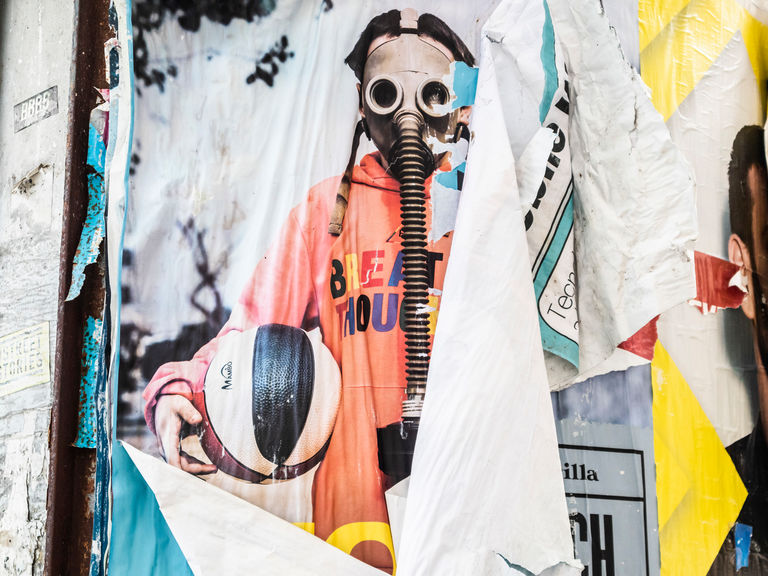Project Detail: Frozen Culture
Contest:
IBSA Foundation Covid19
Brand:
LuganoPhotoDays
Author:
Ezio Ratti
Project Info
Frozen Culture
The cultural sector has been one of the hardest hit by the Covid-19 crisis. It was one of the first to be stopped and will be the last to start up again. During the crisis, all events with a public were either cancelled outright or at best postponed. The posters on the "pirulis" of Barcelona remind us of what could have been but never happened and that in many ways time has really stopped.
The cultural sector has been one of the hardest hit by the Covid-19 crisis. It was one of the first to be stopped and will be the last to start up again.
During the crisis, all events with a public were either cancelled outright or at best postponed until a time in which it will be possible to have the presence of spectators again.
The people working in this sector are among those who have greatly suffered the economic repercussions of the lockdown: many of them are freelancers or work on a project basis and they found themselves from one day to the next without an income or any financial aid.
Barcelona has experienced a profound change over the last few months. The many tourists who come here because of the numerous and wide variety of events held throughout the year, haven’t been able to visit the city nor enjoy the festivals, sports events, show and exhibitions, which have been put off until a later date.
Probably the oldest and still very efficient way of promoting events is by hanging posters in areas with the greatest flow of pedestrians. In Barcelona 'pirulis' are used for this purpose and are an important part of the urban and cultural landscape of the city. These columns are found on every corner and have a unique feature: everyone is free to use them without needing permission. They are defined as spaces for ‘free expression’ and are therefore covered in many different kinds of posters for both major events and small ones, propaganda, adverts, and demonstrations.
The free management of these spaces was not possible during the lockdown: it wasn’t possible to leave our homes; there were no events to promote, and with no one able to see them, so their use diminished. This interruption suddenly left the ‘pirulis’ abandoned to themselves and after several months of abandonment they began to show the signs of the passage of time, taking us back to the moment when everyone’s life changed abruptly from one day to the next and they became testimonies of this time that has passed.
Looking at them now, they remind us of what could have been but never happened. All the events that were scheduled from March onwards never took place. They remind us that in many ways time has really stopped, and this urban space has been forcibly abandoned for many weeks. Exposed to the weather, the most recent posters on the surface have gradually let the older ones appear as if time were flowing in the opposite direction.
The cultural sector is recommencing very slowly, full of doubts and unknowns, both for the operators of the sector and the public. We still do not know today when and how it will be possible to attend a concert, a football match or a show.
When will we start to feel comfortable in a crowd again?


















